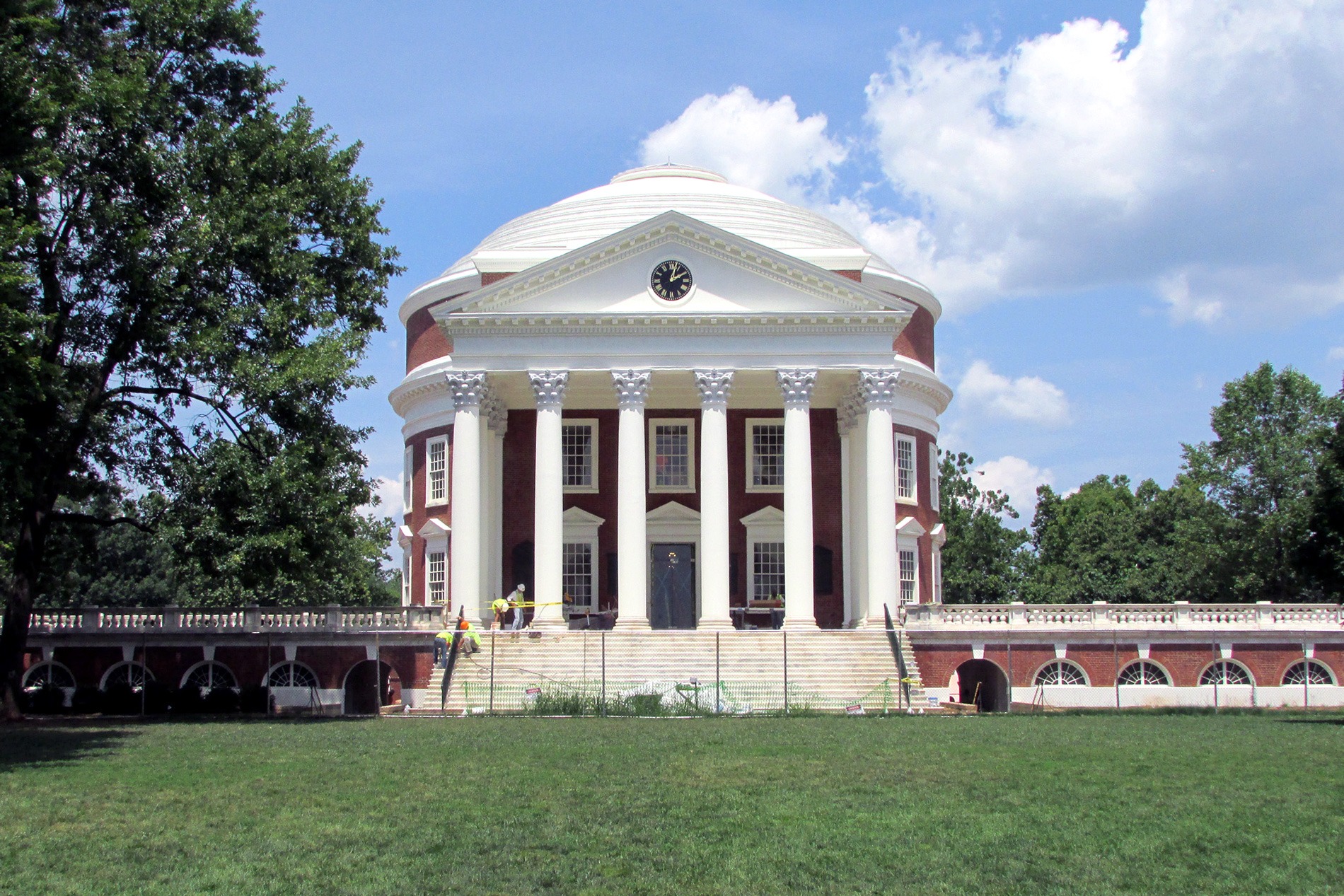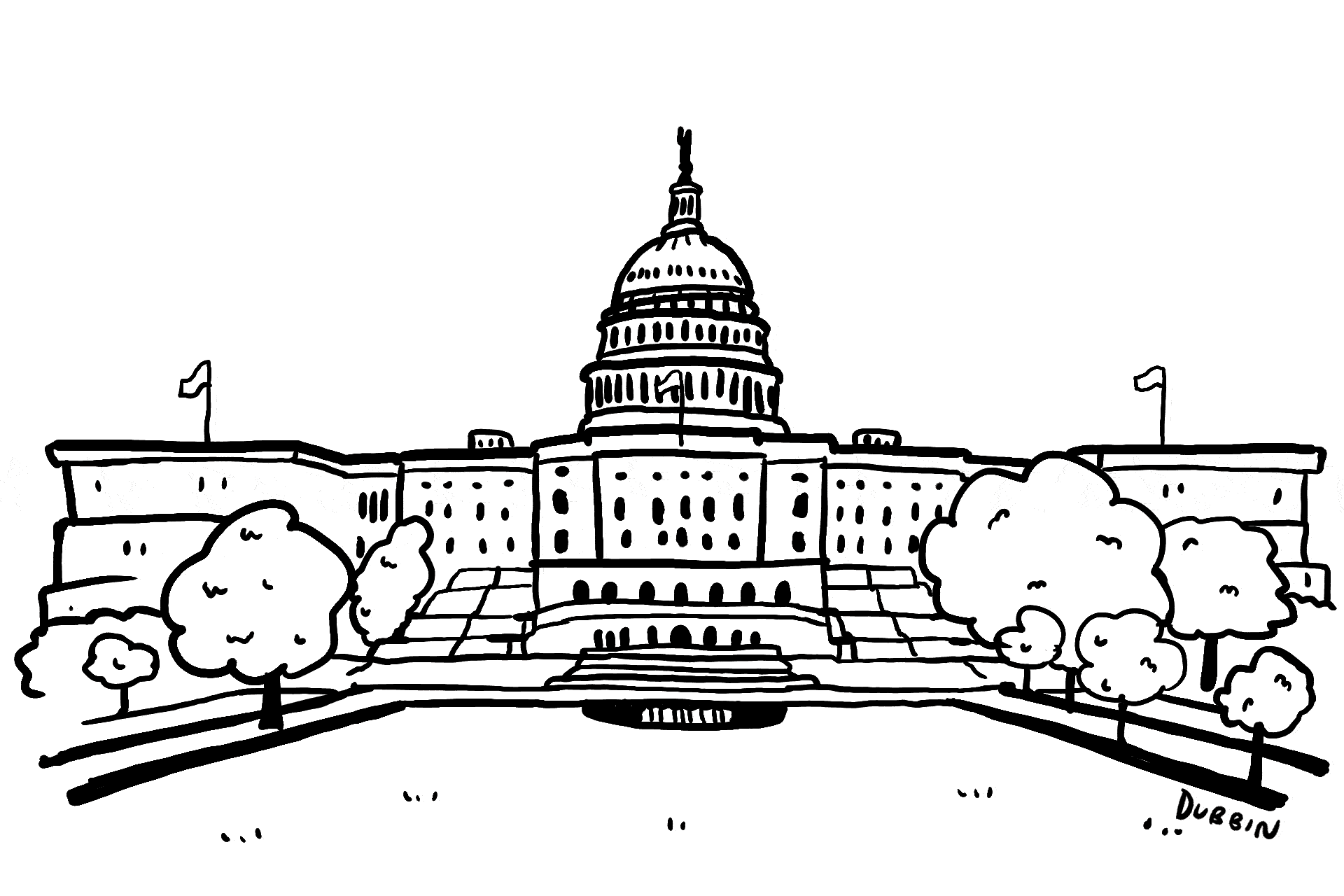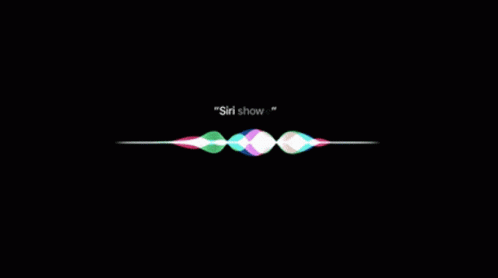
November 3, 2043
Location: The University of Virginia.

Once I arrive, the car is sent back to its home charging station until Siri calls it again to pick me up.
I have twenty-five minutes until the start of my class, so I review my lecture of the day: “The 50th Anniversary of the 1993 Hacking of the U.S. Military’s Computer System.” This subject is particularly important, as it covers the dramatic event where a foreign actor in China was able to hack into a Department of Defense computer system to gain access to confidential intelligence information in an attempt to leap-frog the US’s military progress.
The students file in and I portray my presentation on the classroom’s large digital Siri screen. My lecture covers the hacking in detail and the US military’s immediate response when a young researcher noticed something was off with the computers, allowing us to prevent the hacker from collecting the most destructive intelligence information. I discuss how the occurance was eerily similar to the Wargames movie that alerted the country of the dangers of computer hacking and the very real impact that can have on the physical world.

“The military computer hacking of 1993 revealed the vulnerability of the state of networks in the United States, even those used by the military, causing President Bill Clinton to call a special session of Congress to draft legislation regarding internet security,” I shared with my class. “This incident came in the wake of the NSFnet’s privatization, providing the government with all the more reason to draft policy to assure that privatization is not without regulation and requirements,” I said.
“Congress got to work on a series of policies known as the ‘Internet Security and Public Interest Regulations’ aiming to protect the internet from future interference and revisiting Al Gore’s ideas for a government and education-focused system. One point in the policy included a requirement against anonymity on the internet, meaning all users must go through an identity verification process and use their real name on any internet platform. Another point required that each company involved in internet distribution or internet application creation must have a team of government-issued employees to ensure the public interest and protection at the company. One major addition to the legislation was that personal computers could now only be distributed by companies for employees and education systems for students and faculty.”

“Didn’t the policy also include the addition of the PPB?” A student asked me.

“Yes. The Privacy Protection Bureau was a product of these policies, created with the intention of monitoring all internet actors and activities to ensure that data and privacy of the United States and its citizens are protected, with the power to shut down any internet company that does not comply with the policy regulations put in place by the Internet Security and Public Interest Regulations. Any new internet services or providers must go through a comprehensive process with the PPB before being offered to the public,” I responded.
“The aftermath of these policies was a greater sense of security among the public, which had a general increase in internet anxieties following the military computer hacking. There was slight backlash against the personal computer policy, but it seems to have allowed for some innovative projects as the government and private sector worked together to create a better and safer internet environment, including the - now highly advanced - automated home systems we see today with Siri, Alexa, and GoogleHome.”

I finished my lecture, answered student questions, and distributed a brief reflection assignment that will be due this evening by midnight. This is my only lecture of the day, so I pack up to finish the rest of my work from home. I use my SiriWatch to call the car to pick me up and it arrives promptly in three minutes.

Go to: Home.